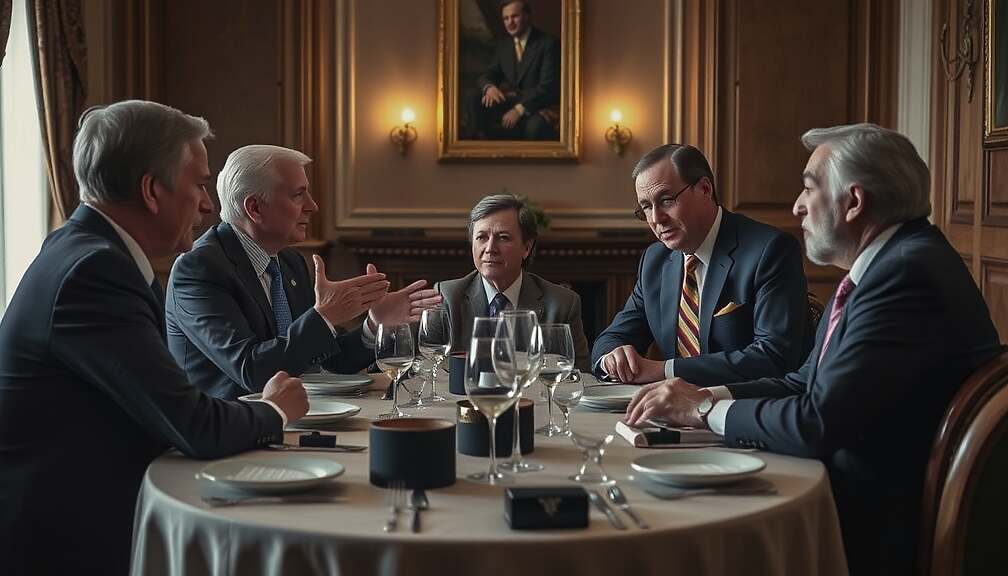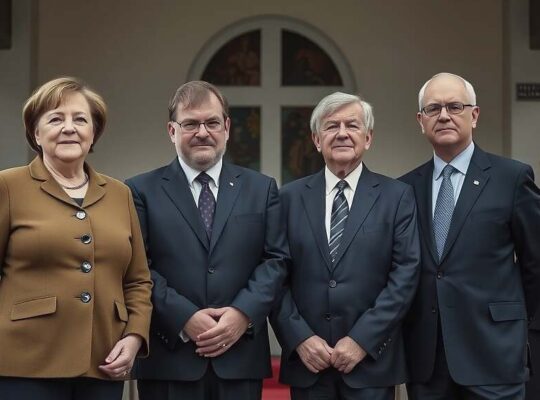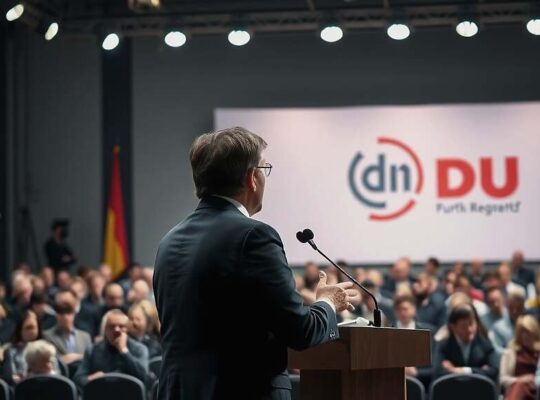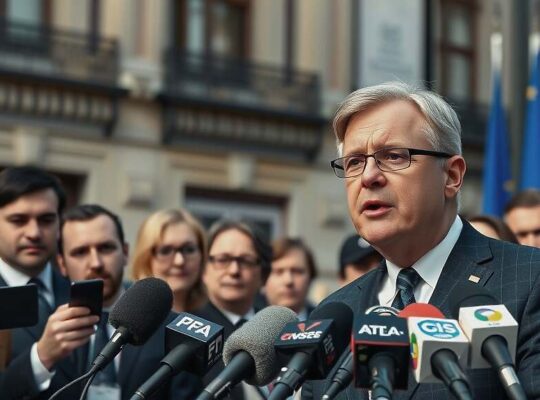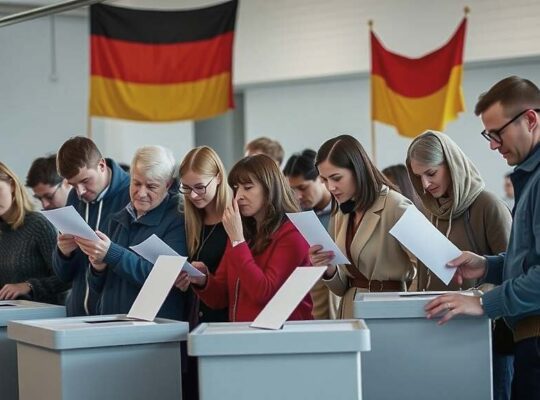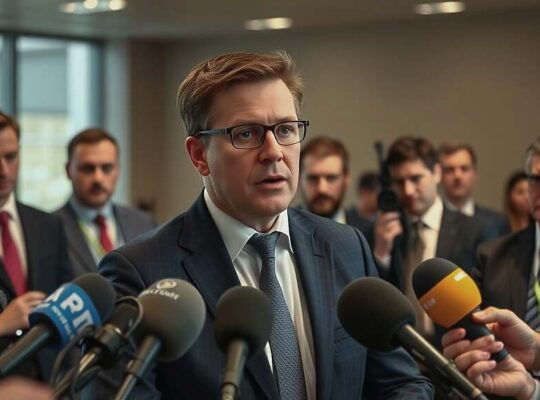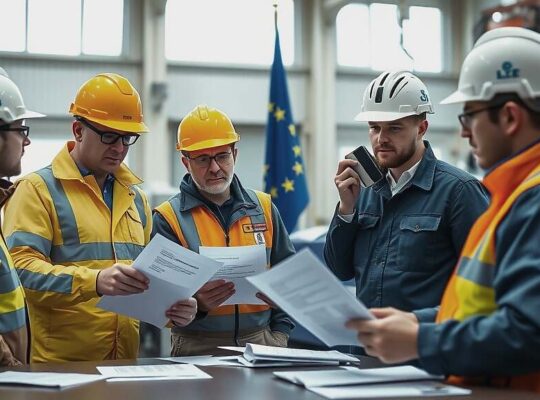Following a summit centered on France’s vision for “digital sovereignty” German Chancellor Friedrich Merz (CDU) hosted an informal dinner in Berlin Tuesday evening, convening French President Emmanuel Macron and British Prime Minister Keir Starmer. The closed-door meeting, confirmed by government spokesman Stefan Kornelius, ostensibly served as a platform for discussions on shared concerns within the traditional “E3” grouping – Germany, France and the United Kingdom.
While details largely remain undisclosed, Kornelius indicated the agenda extended beyond digital policy, encompassing ongoing anxieties surrounding the conflict in Ukraine, the volatile situation in the Middle East and Iran’s nuclear program. A key outcome, according to the brief statement, was a reaffirmed commitment amongst the three leaders to foster trust and collaborative efforts on crucial foreign and security policy matters.
However, the meeting also highlights a potentially complex political calculus within Europe. The inclusion of Starmer, despite the UK’s withdrawal from the European Union, signals a desire for continued dialogue and coordination on critical issues, even amidst ongoing tensions surrounding Brexit. The explicit mention of incorporating countries like Poland and Italy into future discussions suggests a concerted effort to build a broader, more inclusive European framework – a subtly critical move, some analysts suggest, aimed at mitigating the influence of increasingly assertive regional players.
The lack of transparency surrounding the specifics of the conversation raises questions about the true purpose of the gathering. While presented as a collaborative effort, the carefully worded communiqué offers few tangible clues as to any specific policy breakthroughs or shifts in approach. Critics are already questioning whether the meeting represents a genuine move towards greater European unity or merely a symbolic exercise in maintaining appearances amidst a fractured geopolitical landscape. The underlying challenge for Chancellor Merz lies in navigating the delicate balance of maintaining transatlantic ties while bolstering a more robust and independent European strategic posture, a task further complicated by the divergent national interests that inevitably shape these high-level discussions.


